I learned many valuable lessons at SPIEL ‘22, and chief amongst those was simple: do not offer to pick up games for eight different people while trying to attend the world’s largest gaming convention.
One of these errands, however, led to a happy accident. While trying to grab a copy of Autobahn (2022, Alley Cat Games) for a friend, I was able to grab a review copy of the game at the end of the show.
Once you’re able to sift through the rules—and there are a few edge cases that are absolutely going to force a misplay of your first game or two—there’s some tasty meat on the bone with Autobahn. Just be sure to bring patience along with your serious gaming friends, and you’ll be fine.
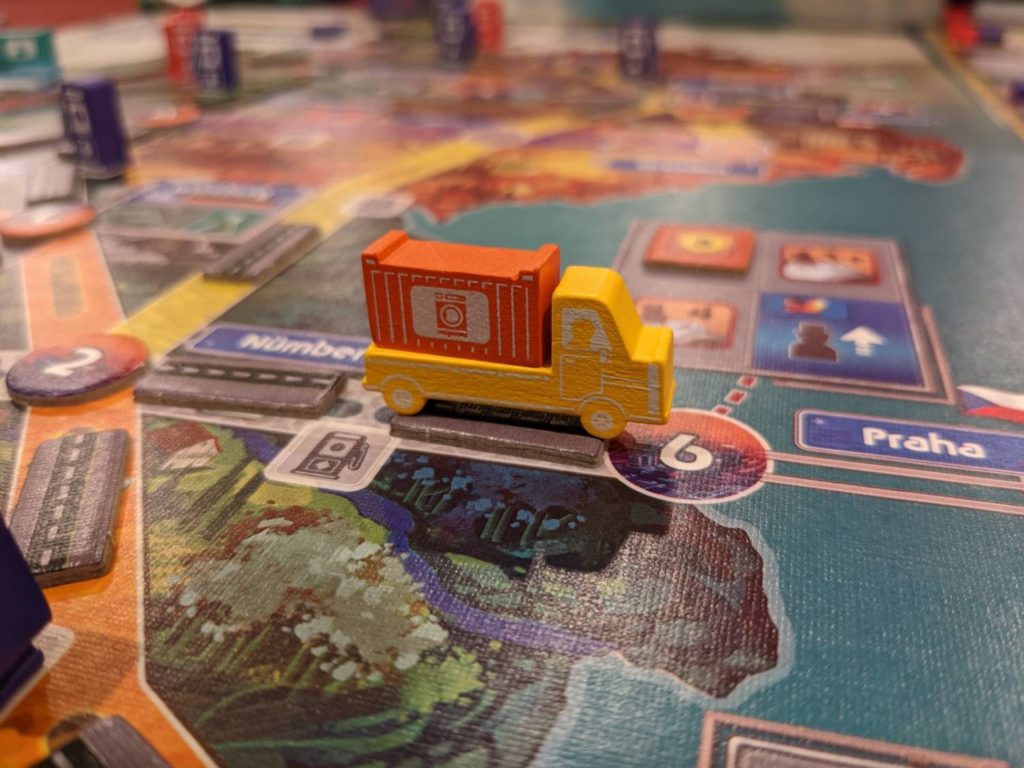
Game Mechanics Potpourri
It’s 1946; great news! You’re a new director within the German Bendesautobahn (BAB) organization, and you need to work with other directors to build a new highway system over the next 75 years or so. Split across three eras, you’ll slowly build the country’s infrastructure from the existing north-to-south A7, through a network of highways that connects German cities, ports, and international trade hubs across the continent.
And you’ll do it the way you would in the corporate world of reality: getting your employees on the boards of the most powerful committees, and by promoting your best people. At the end of the game, all your scoring is tied to getting your people into the Administration building, ideally into those comfy boardroom seats.
If you are a fan of Eurogaming mechanics, Autobahn has a little bit of everything you’re looking for: pick up and deliver, hand management, tracks (well, a single track), economic engines everywhere, pre-turn actions, bonus actions, a tech tree, and area control. Oh my goodness, the list of things going on here is something else, but it ties together well if someone in your gaming group embraces being the rules expert.
That’s because Autobahn is not a difficult game to explain, but it is a game that will create a lot of questions because of the many things that need to be tracked.
Each of the game’s three eras—two of which take place prior to Reunification, when the eastern half of Germany opens, revealing more places to build roads—require a certain number of carriageways (roads) to be built. In this way, rounds could take a while or may end at any time.
Turns are simple, at least in theory: play one of the cards from your hand to take an action, get a once-per-era loan, or collect all the played cards in your tableau to collect a minor cash bonus if you had any cards in your hand. Then, you will move any delivery trucks you already have on the board towards a destination.
The cards, and truck movement, are all tied to one of the seven colors in the game aligned with the color of each autobahn route (A7, A3, etc.). If you want to do something on the black A7, you need to play a black card from your hand. That also means any trucks that start your turn on black roads can move 2-3 pieces of road closer to their destination.
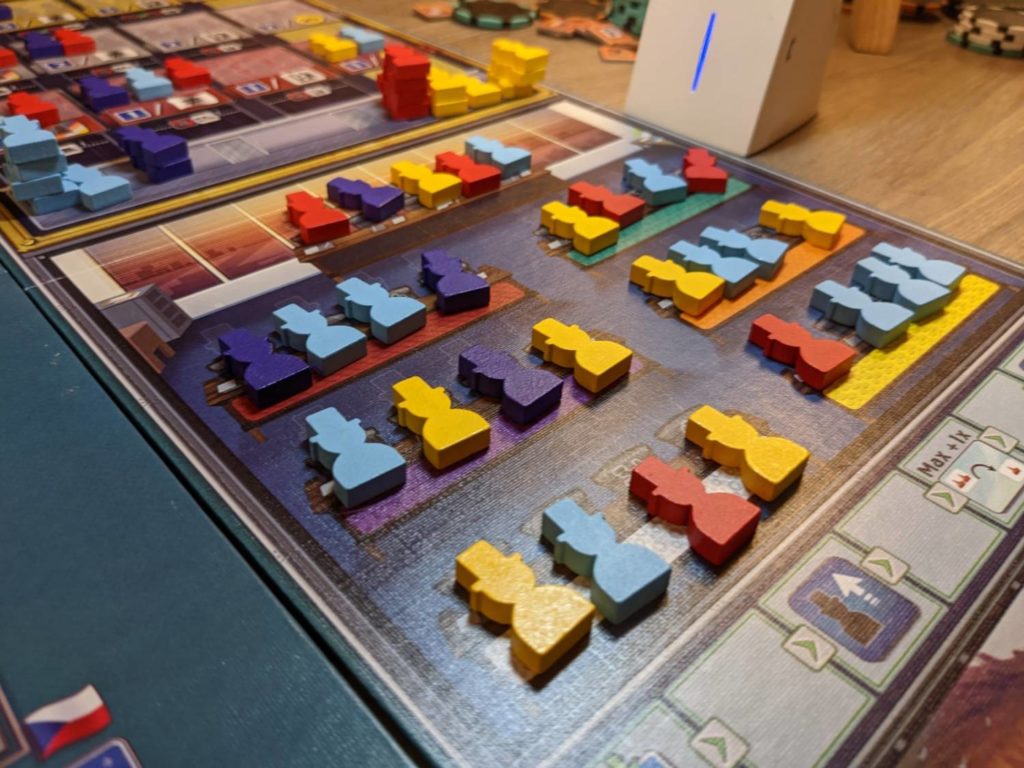
Timing Equals Tension
With a hand of only seven cards (six of which are available all game, with the seventh coming to your hand in the third era), one would think actions would be fast. Nope! There’s a good crunch to your decisions, but also to your limitations. When should I add all my played cards back to my hand, giving me one deutsche mark (DM) for each card I played? If I play my last card, I’ll get all of my cards back for free to start my next turn, but I really needed that five-DM payment to float me for another turn.
There’s also the issue of gas stations.
In Autobahn, each player can add gas stations to any link of two-section roadway as long as one of those two sections has been built. This leads to some fantastic tension in every game. Placing gas stations is free, so it’s a great option to spend nothing and get something else. Any time you pass one of your own gas stations with your trucks, you get a little bonus: maybe cash, or a bump on the Development track, which gives you more bonuses.
This also means that the very limited real estate for gas stations goes fast. Timing a move so you can place a gas station right after a player begins building adjacent to a gas station is big. It’s even bigger watching players scan other players’ boards to see if they have used their card of the same color in an earlier action.
Timing ends up being the best part of a game like Autobahn—chasing players with the action that opens after someone takes their turn is interactive and even a little “snipe-y.” (We made this word up during one of my plays.) You are definitely going to see someone finish a road to another delivery location, and immediately take a turn to move a loaded truck off the map to that destination to take one of the best remaining bonus tiles as a reward for doing this before anyone else.
The nature of some of these tactical decisions—I had something in mind, but thanks to you opening the A2 route, I might snipe that gas station space before the next player—keeps options open. I don’t know if I ever struggled with tension tied to someone taking the only viable action on the board in a game of Autobahn because there’s always something positive you can do. But timing tension was very real. In a couple of games, I took an action I didn’t really need to do just to see if I could play off of someone else first.
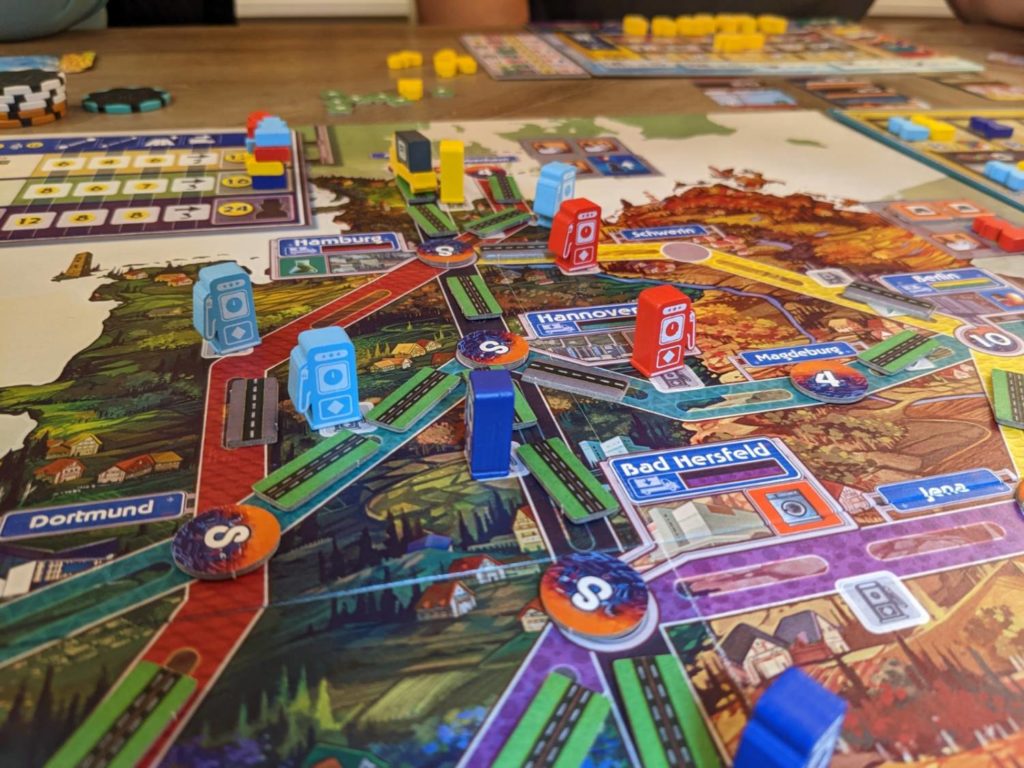
The Big Dig
Boston’s most famous construction project turned infamous because of comical delays. Autobahn also has a few problems that inhibit play.
The first and most egregious issue in Autobahn comes down to the game’s ending. The first two eras end politely—whoever builds the last available section of road gets to promote a single employee at the administration building before mid-round income is collected and play continues.
The third round ends in a way that will make hardcore strategy gamers angry. I know this, because my plays with hardcore strategy gamers left players angry.
At the end of the third era, the player who builds the 14th and final piece of available road gets to finish their turn. Then every player, including the one who triggered the end of the game, gets a final turn. The trigger player also gets that employee promotion that is rewarded when a player finishes an era.
Most games take one of two approaches to conditions like this: in games with variable rounds, the player who triggered the end of play usually finishes their turn, then all other players get one more turn. Great Western Trail comes to mind here.
Most strategy games that I own take the other approach I see when wrapping up play. In games where one player was the game’s first player all game long, all players get an equal number of turns. This means that if the last player in turn order was also the person who triggered the end of the game, the game would immediately end.
Autobahn blazes its own trail, and not to the effect that has won gamers over.
I like that players can see the end coming. For the most part, when there are only 2-3 roads left in the era’s supply, you know things could end at any time. However, this is countered by giving the trigger player too much of an advantage, particularly because this also means that player can put more employees on the construction boards and ensure they will not be bumped off of those boards when computing end-game scoring. (And a promotion to boot? It’s just too powerful.)
The other major issue I had with Autobahn is the city value system. Frankly, it’s a mess. Each city on the map gets more valuable as more roads connect it to other parts of the country. To mark this value, you’ll slowly upgrade each city from a starting value of two, all the way up to 12, depending on a number of factors.
It certainly makes sense to have this system as a player considers which construction boards to join; you want employees on the most powerful boards, and the most powerful boards have the most valuable cities. Totally get it.
But having to update these values almost every turn is an incredible pain. It’s the only system I don’t explain fully when teaching the game. I just tell players that cities get more valuable as the roads attached to those cities are built then upgraded.
But teaching and maintaining the city value mechanic? Agony. You’ll constantly be missing this during play. You’ll have to double check your work before mid-game scoring takes place. Sometimes you’ll look and realize that you completely missed a city a few turns ago!
In addition, Autobahn could probably trim 30 minutes off the overall playtime and provide the same sense of completion with some easy fixes maybe do two eras instead of three, where the second era opens the eastern half of Germany? Start with a smaller pool of road pieces?
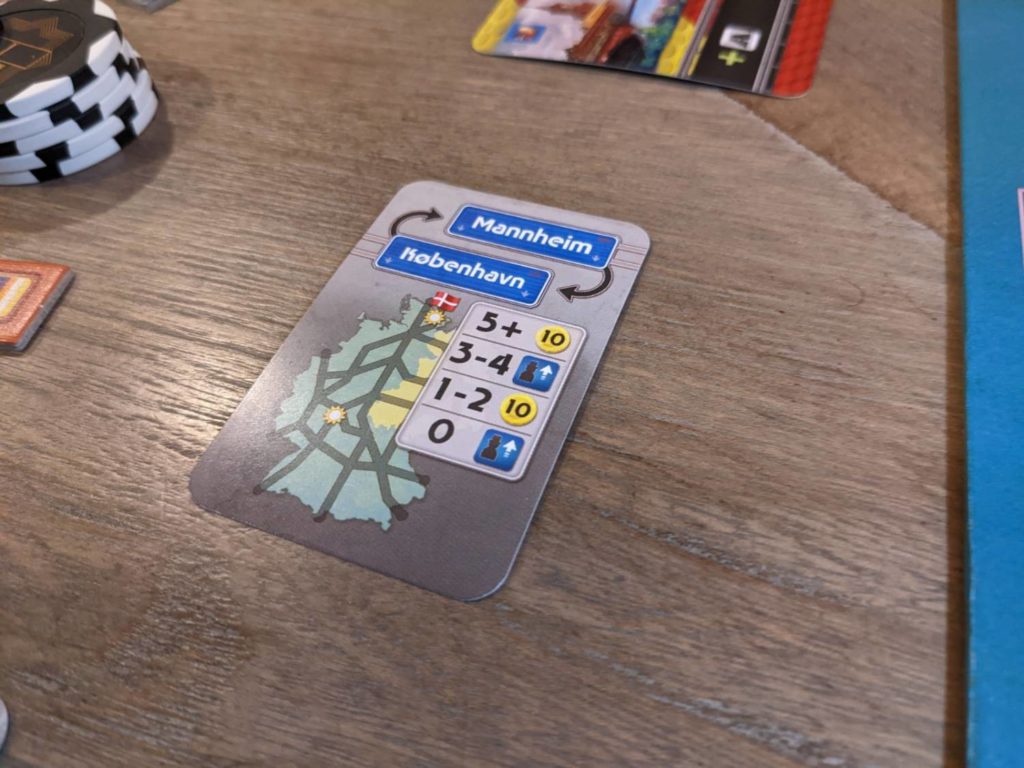
The Mafia
As messy as the city value process is, I’m enjoying Autobahn because as a corporate soldier myself, I see the power of knowing the right people.
If you build roads or upgrade those roads to dual-carriage highways, you get to add one of your employees to the board of that autobahn’s construction committee board. Building up the value of that autobahn makes you richer with mid-round income, and it also becomes a way to fast-track your employees into the country’s administration board. Every time you do good work, by adding to your tech track or advancing up the Development track, you earn more promotions for your employees.
Getting those employees moved up in the world is the only way to score points at the end of the game. That’s right, friends—all this game’s scoring comes at the end.
Justin, you’re always talking about how you hate when all scoring takes place at the end of games!
No. I hate it when games keep all the scoring secret, then reveal it all at the end.
In Autobahn, you can see all the scoring coming thanks to the five ways players will score on the administration board. Having lots of cash, building lots of gas stations, putting lots of employees on the various autobahn construction boards, and delivering to different cities are four of those paths.
The fifth way to score: simply crowding the lobby. Yes, one of the spaces in the administration building is its lobby, and just having people there will score two points per employee.
It feels a lot like the mafia, or maybe working as a family member in that family’s business, or being a “brown noser” in a company where you have no right being paid so much money. It doesn’t matter how you got there, but once you’re on the ladder, all that matters is going up. And that’s Autobahn: you are building a country’s infrastructure, and you are making a ton of cash, and you are playing politics to ensure you can max out your real-world influence.
It doesn’t hurt that there’s a good game to remind me of why white-collar ladder climbing can be fun. Autobahn also has a lot of the game mechanics I like.
I love pick up and deliver games. Putting goods on trucks, figuring out the best path to move appliances from that depot in Bad Hersfeld to the port in Milano, and getting there before another player so that I can get a bonus tile? Yes, please.
I love Brass. (Well, one more than the other, but still.) I also love Luxor. Managing my hand of cards? Fantastic, and your hand mostly stays small thanks to the game’s way of transforming basic cards into advanced cards with bonus actions.
I love economic games, and I love when money is reasonable, but not painfully tight. Across multiple plays, I haven’t seen anyone yet run out of money and not have ways to make more money.
I like a track here and there, although I don’t want to play a game that is only about tracks. The Development track in Autobahn is easy to manage, and it loops at the end to help players tap cash and promotion bonuses multiple times to get employees in higher and higher positions on the administration board.
Like Findorff, I love starting with a mostly-blank game state and building up a board into something much more. In Autobahn, it’s a mess, and keeping those trucks in place can be a bit of a nightmare, but it’s a board rich with color, albeit a board lacking in elegance.
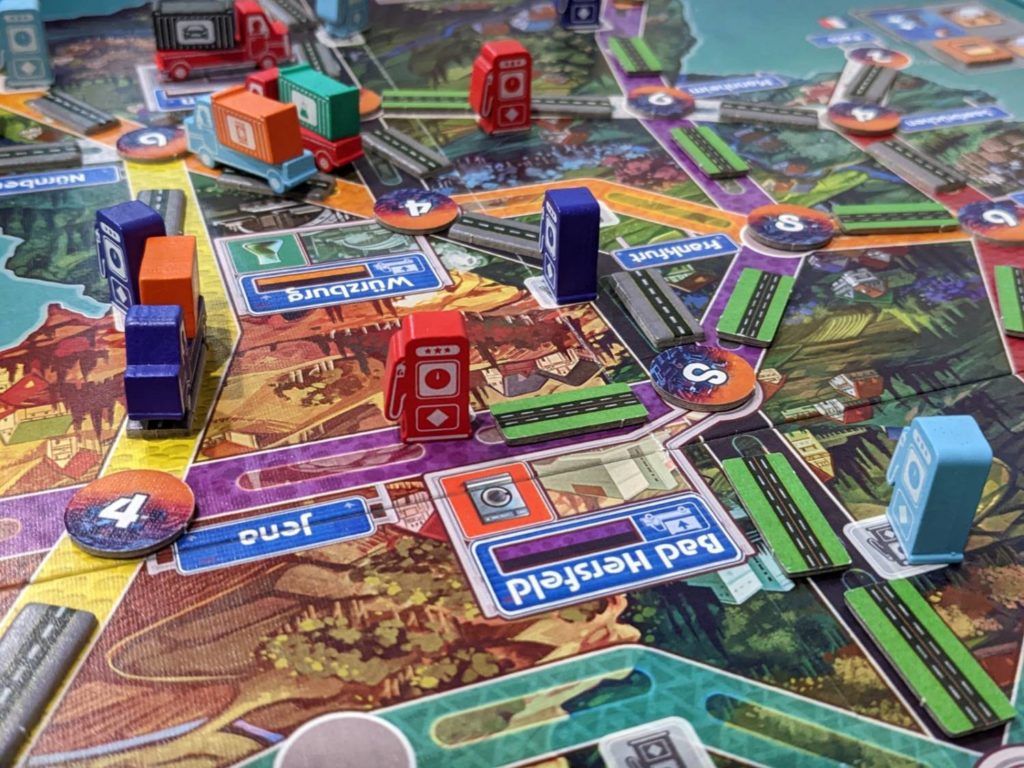
Ship It
I’m having fun with Autobahn, a game that plays into many of the mechanics I like to see. This will play well with three players in my heavy strategy gaming group, and once everyone knows the rules, Autobahn is much easier to recommend. The solo mode (by Tinners’ Trail solo designer David Digby) is heavy on rules thanks to a complex programming algorithm, but it does a great job of simulating a real-life opponent.
Autobahn is far from perfect. Keep the player count low. Embrace the mess that is the city values mechanic, and be ready to answer a ton of edge case questions. I have a tiny issue with the fact that the cute truck components don’t sit cleanly on the road tiles, making it hard to keep the trucks and their goods token tidy as you orient the board after a player’s turn.
Also, a note about the three included mini expansions from the Kickstarter edition I grabbed at SPIEL: I didn’t try them. The one thing Autobahn does not need is more stuff.
The base game has plenty. Adding a ninth delivery option for each player (the Wine expansion) or further complexities to the gas station system (Services) is not the kind of game I would be interested in playing. Even these mini-expansions feel like the kind of thing that would spill Autobahn into 4.0+ weight territory on BGG (the line that goes from medium to heavy experience). The rules are already a struggle, and the board is already a mess. You’re saying I want to make that worse?
Stick to the base game and you’ll be in good shape, as long as you are committed to teaching, then reteaching, this game a bunch. Speaking of which, the teach for this game is a bear. Check out my article on teaching, and reteaching, to learn more about that experience, and ways to combat the “re-teach” for your own games!


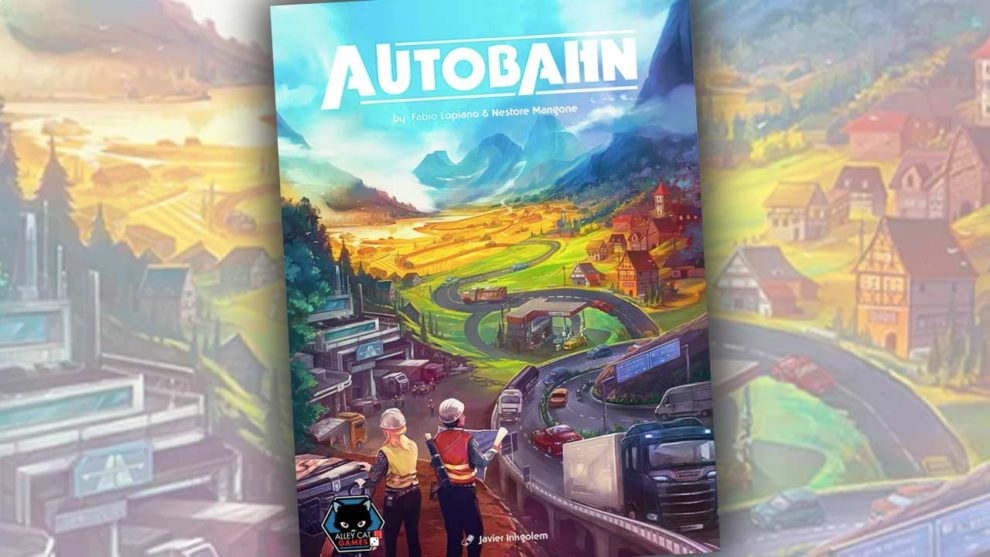
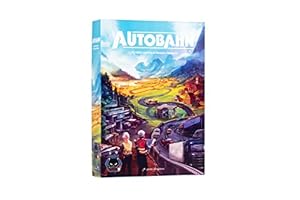

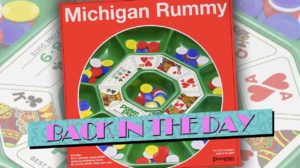
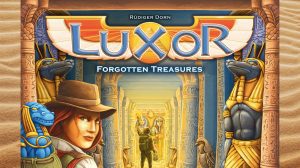





Add Comment